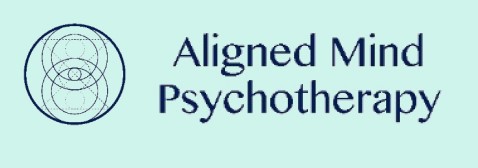Choosing the right type of therapy can be overwhelming, especially with so many options available. Understanding the differences between the various approaches can help you make an informed decision that best suits your needs.
Cognitive Behavioral Therapy (CBT):
CBT is one of the most widely used forms of therapy. It focuses on identifying and changing negative thought patterns that influence behavior. This approach is highly effective for anxiety, depression, and stress management. By working with a therapist, you can learn to recognize these patterns and develop healthier coping strategies.

Dialectical Behavior Therapy (DBT):
Originally developed for borderline personality disorder, DBT is now used to treat a variety of conditions, including eating disorders and PTSD. It combines CBT with mindfulness techniques, helping individuals manage intense emotions and build healthier relationships. If you struggle with emotional regulation, DBT could be particularly beneficial.
Psychodynamic Therapy:
Psychodynamic therapy delves into the unconscious mind to explore unresolved conflicts and past experiences that influence current behavior. This form of therapy can be particularly helpful for those dealing with deep-seated emotional issues, unresolved trauma, or relationship difficulties. It’s a longer-term approach, often leading to profound personal insight.
Family Therapy:
Family therapy involves working with multiple family members to improve communication and resolve conflicts. It’s particularly useful for addressing issues that affect the entire family, such as divorce, parenting challenges, or addiction. This approach helps families understand each other’s perspectives and work together to create a healthier dynamic.
Understanding the different types of therapy can help you choose the approach that best suits your needs. Whether you’re dealing with anxiety, depression, relationship issues, or seeking personal growth, there’s a therapeutic approach that can guide you on your journey to healing. If you’re unsure which type of therapy is right for you, consulting with a therapist can help you make an informed decision. Remember, seeking therapy is a positive step toward improving your mental health and well-being.
Brené Brown


